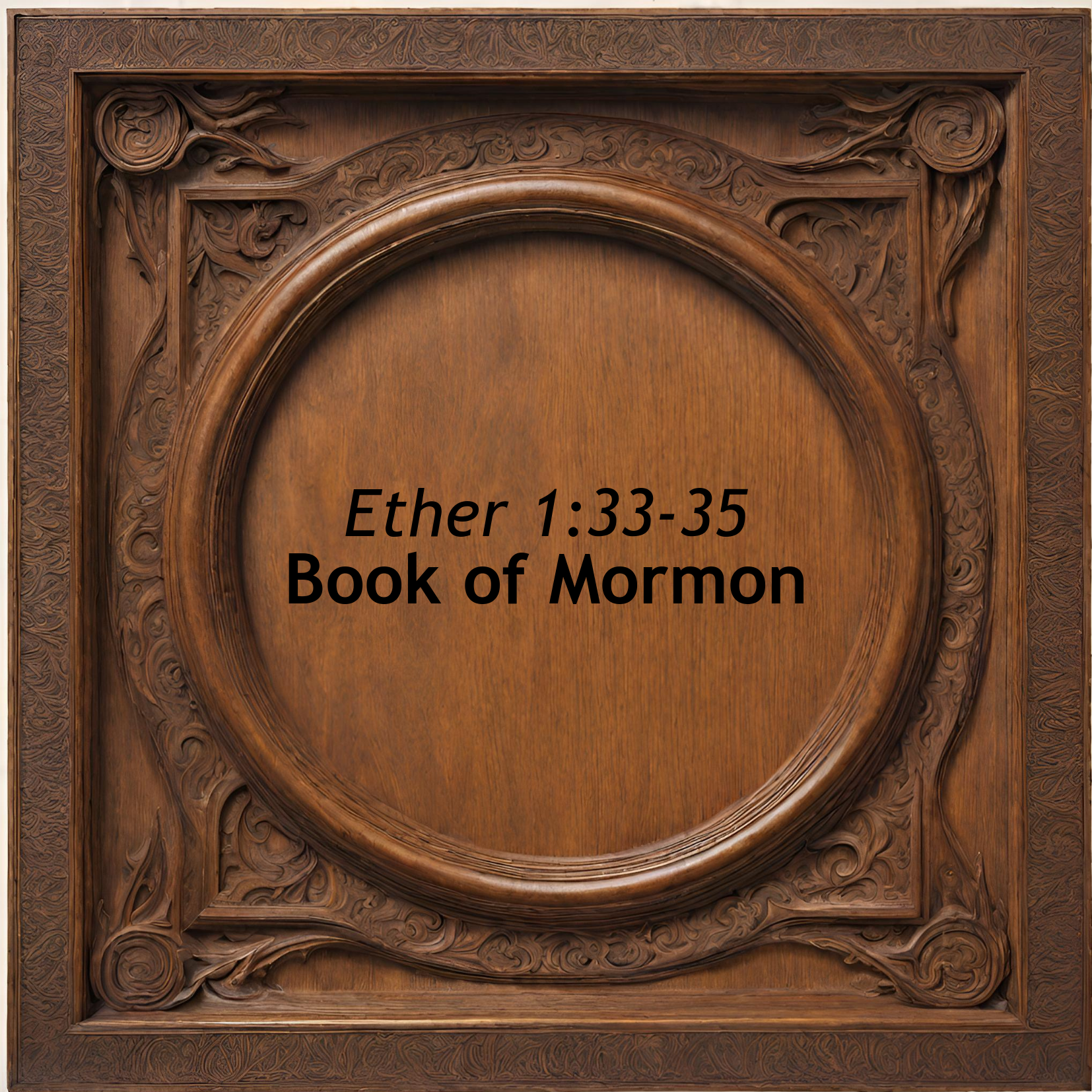The Jaredites, the Tower, and Confounded Languages
Are languages a curses or a blessing?

And Kib was the son of Orihah, who was the son of Jared;
Which Jared came forth with his brother and their families, with some others and their families, from the great tower, at the time the Lord confounded the language of the people, and swore in his wrath that they should be scattered upon all the face of the earth; and according to the word of the Lord the people were scattered.
And the brother of Jared being a large and mighty man, and a man highly favored of the Lord, Jared, his brother, said unto him: Cry unto the Lord, that he will not confound us that we may not understand our words.
And it came to pass that the brother of Jared did cry unto the Lord, and the Lord had compassion upon Jared; therefore he did not confound the language of Jared; and Jared and his brother were not confounded.
Then Jared said unto his brother: Cry again unto the Lord, and it may be that he will turn away his anger from them who are our friends, that he confound not their language.
The Book of Mormon, The Book of Ether 1:33-35
Background to Genesis 11:1-9
The Brother of Jared story occurs with similar, if not exact, location and events in the Tower of Babel in Genesis 11:1-9. The Brother of Jared story includes more on God’s disposition of ‘wrath’ when it shares, _‘the Lord confounded the language of the people, and swore in his wrath that they should be scattered’ in verse 33. This phrasing will be the only item addressed on this page as “The Tower of Babel and Dispersion” post has all of the other material and ideal conversation around the Tower of Babel story. A similar comparison is built here around the comparison to the narrative around Adam and Eve.
Note that from the Garden, Adam and Eve were asked by God to “Be fruitful and multiply and fill the earth and subdue it” (Gen. 1:28). Thus, his ‘wrath’ was not to enact an action against an idealized state of oneness but to move forward His original plan. This seems to be Flavius Josephus’s view as well.1
their sin was wanting to stay in one area and not filling the earth as God commanded, which led Him to disperse them. Saadiah Gaon (10th cent.)
the story of Babel is not about pride, nor about imperial power, but exclusively about the origin of the world’s cultures. Abraham Ibn Ezra (12th cent.)